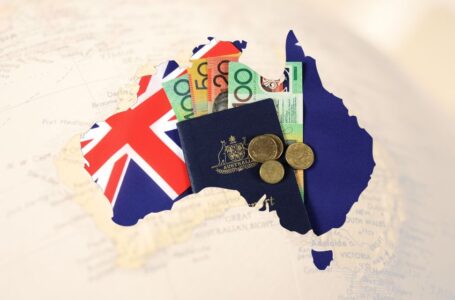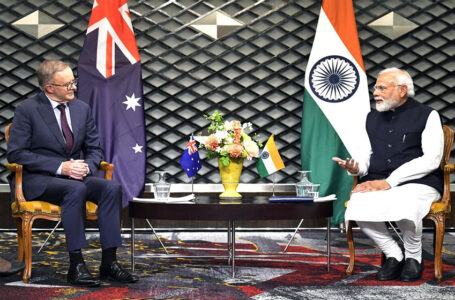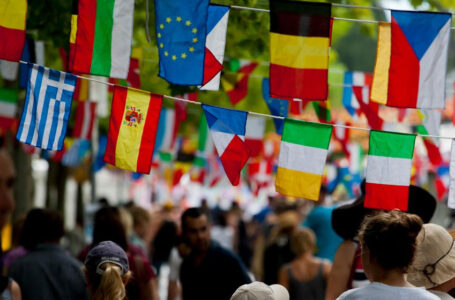Australia’s inadequate Refugee system is in the spotlight

Australia is a popular travel destination. Many people call it a paradise. Thus, Australian permanent resident visa is in high demand globally. It is associated with high employment chances, an elavated standard of living, decent quality of life, and infrastructure. Over 500,000 refugees live in Australia, and many have benefited the society. World Refugee Day calls for an end to temporary visa holders’ uncertainty.
Visa trouble
Australian visas might be challenging to get. Australian PRs are harder to get. This move is primarily due to Australia’s current immigration policies. Australia awarded 160,023 permanent visas in 2018-19, below the 190,000 quotas under the Permanent Migration Program.
Rostami’s case
Reza Rostami appreciates Australia’s protection. Nine years ago, his 18-month-old daughter nearly drowned while traveling from Indonesia with a people smuggler. She ceased breathing after four days of starvation. Since escaping Iran, the 53-year-old psychiatrist and his family have struggled. After landing in Australia in 2013, they spent two years in Melbourne and Sydney detention centers. Safe Haven Enterprise visas enable refugees to stay in Australia for five years while their asylum petitions are assessed.
Mr. Rostami’s new home is a gift, but his family’s permanent residency isn’t guaranteed. He states, “This is the world’s worst visa.” The most challenging aspect of living in limbo, he says, is not knowing whether one can make plans, like getting a job or going to school. Over 19,000 people with temporary protection visas got to Australia by sea before September 2013, including Mr. Rostami, his wife, and two kids. Visa holders can work and study.
His oldest daughter won’t be able to enter college next year. She must pay thousands of dollars in fees as an overseas student. Australia’s major political parties oppose the Abbott government’s 2013 Operation Sovereign Borders. It prevents boat arrivals from becoming permanent residents. In June, Mr. Rostami was nominated for the first-ever Les Murray Award for Refugee Recognition. The boat voyage was the second trauma asylum applicants faced. Iran’s officials scared him. The Rostamis live in Sydney’s Ryde. Rostami conducted a research last year at the University of New South Wales on the mental health of children of boat asylum seekers.
Political aspects
Mr. Rostami showed that children on temporary visas for up to seven years had nearly twice the rate of psychiatric issues as those with permanent status. He urges the newly elected Labor government to fulfill its commitment to provide permanent visas to temporary protection recipients. Labor has long promised to announce a timetable for permanent protection visas but hasn’t.
The Nadesalignman family’s recent return to Biloela from Perth raised attention to refugees seeking a long-term settlement. Nades Nadesalignman and his now-wife Priya escaped Sri Lanka via boat in 2012, before Operation Sovereign Borders. The couple battled in court to prevent persecution in Sri Lanka if they were deported. Their legal options were exhausted.
The Department of Home Affairs stated that the government was committed to Operation Sovereign Borders. “Those who come to Australia illegally by boat won’t stay,” a spokesman said. “Operation Sovereign Border” targets people traffickers who exploit men, women, and children. “People smugglers are crooks who will do anything for money”, he claimed. Human smuggling endangers lives. Nadesalignman wants all immigration detention centers closed.
Paul Power, CEO of The Refugee Council of Australia, is another prominent supporter. The fact that a new government is willing and equipped to protect refugees has significantly impacted their well-being. Australia has absorbed 900,000 refugees in the past 75 years. On World Refugee Day, UNHCR’s Australian National Director Naomi Steer praised Australia’s humanitarian and economic efforts. When he looks around, he sees migrants in business, science, sports, journalism, and the arts. He thinks refugees benefit Australia. Ms. Steer said local citizens might help refugees via social relationships, employment, and mentoring. Moving to a new country without friends or family is stressful.







